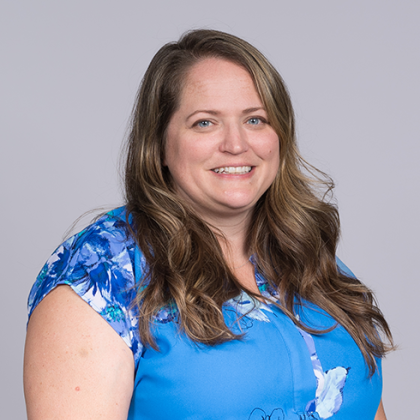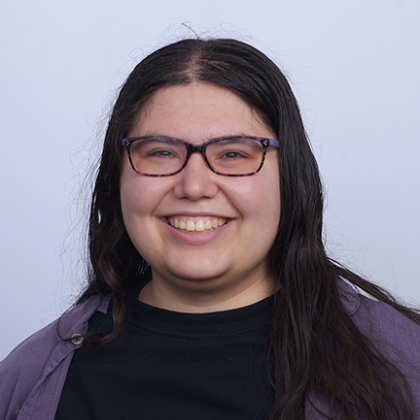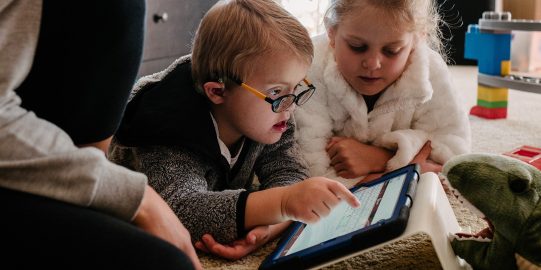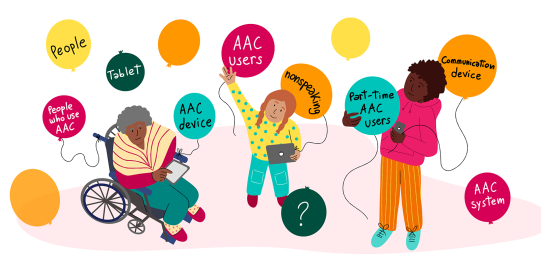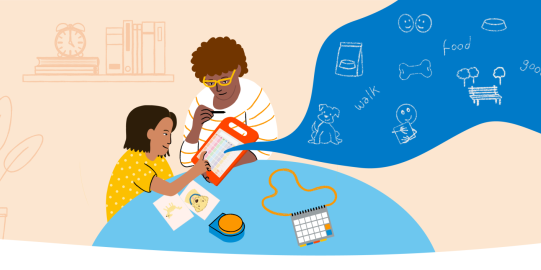Get ready for an incredible online ISAAC Virtual Event during AAC Awareness Month 2024! The two-day event, with sessions October 29-30, is your chance to build skills and stay current in the field of AAC.
Our sessions at ISAAC 2024
Challenging today’s AAC modeling practice: 5 lessons from early language development
Presenters: David and Erin
Date: Tuesday, October 29 | Time: 10:00 AM - 11:00 AM | Location: Online (Zoom)
Aided language input, or modeling, has become the go-to intervention for teaching AAC. Communication partners are generally encouraged to adopt several modeling strategies, including emphasizing core words, modeling only key words, attributing meaning, verbal referencing, and modeling a slightly longer message than the user can produce. The goal is to replicate how speaking children learn language through receptive input. However, modeling AAC is difficult and most communication partners end up modeling very little. In this session, we will question whether many common modeling strategies align with the receptive input received by speaking children. We will propose a practical alternative modeling approach that is based in the study of “motherese”, early language development, and the cognitive and developmental needs of both communication partners and AAC users.
Supporting Gestalt Language Processors to keep scripting
Presenters: Alyssa and Lily
Date: Tuesday, October 29 | Time: 8:00 PM - 9:00 PM | Location: Online (Zoom)
Over the past few years, we have made a lot of progress in the field in terms of allowing therapy to be more neurodiversity-affirming and child-led. The Natural Language Acquisition method uses a lot of modeling and following the child’s interests, and few-to-no direct trials. However, the aimed for end result is still for a child to look like a typical communicator. There is also a lot of conflicting information out there, with a minimum of evidence, about how to apply these methods with AAC. Word-by-word language generation is an important skill to have, and it is just one piece of supporting gestalt processors by helping them feel confident communicating with their scripts. This session considers the benefits and methods to support this for AAC users.
Speech.exe has failed to load: when speech isn’t enough for true communication
Presenters: Alyssa
Date: Wednesday, October 30 | Time: 10:00 AM - 11:00 AM | Location: Online (Zoom)
Clinical and academic recognition of autistic adults who use both AAC and speech has increased recently. This increase, along with the language used to describe the speech experiences behind this AAC use, are largely Autistic community sourced and driven. As practical familiarity with these terms is associated with being more likely to offer and support AAC for autistic people with these needs and experiences, this presentation will define, compare, and contrast the terms intermittent, unreliable, and insufficient speech. It will then discuss how these experiences can affect communication and how AAC can support people with these needs. As device funding is a concern, this presentation will also discuss how funding for part-time AAC users has and can be achieved.
Ditch the therapy script: Using AAC for dynamic & engaging language learning
Presenters: Rachael
Date: Wednesday, October 30 | Time: 11:00 AM - 12:00 PM | Location: Online (Zoom)
Speech-language pathologists are skilled at teaching and scaffolding language skills. Join this discussion and explore how to embed AAC as a tool not only to support expressive communication, but as a dynamic tool for teaching receptive language, word meaning, grammatical language, sentence complexity, and more.
We will demonstrate how AAC provides a visual thinking tool for learners with various language learning needs - from early communicators to those working on more sophisticated language concepts. Rather than creating materials ahead of time, we will talk about how SLPs can use features within Proloquo to adapt a lesson on the spot.
Ditch the therapy script, join this dynamic session, and think about AAC in a whole new way!


